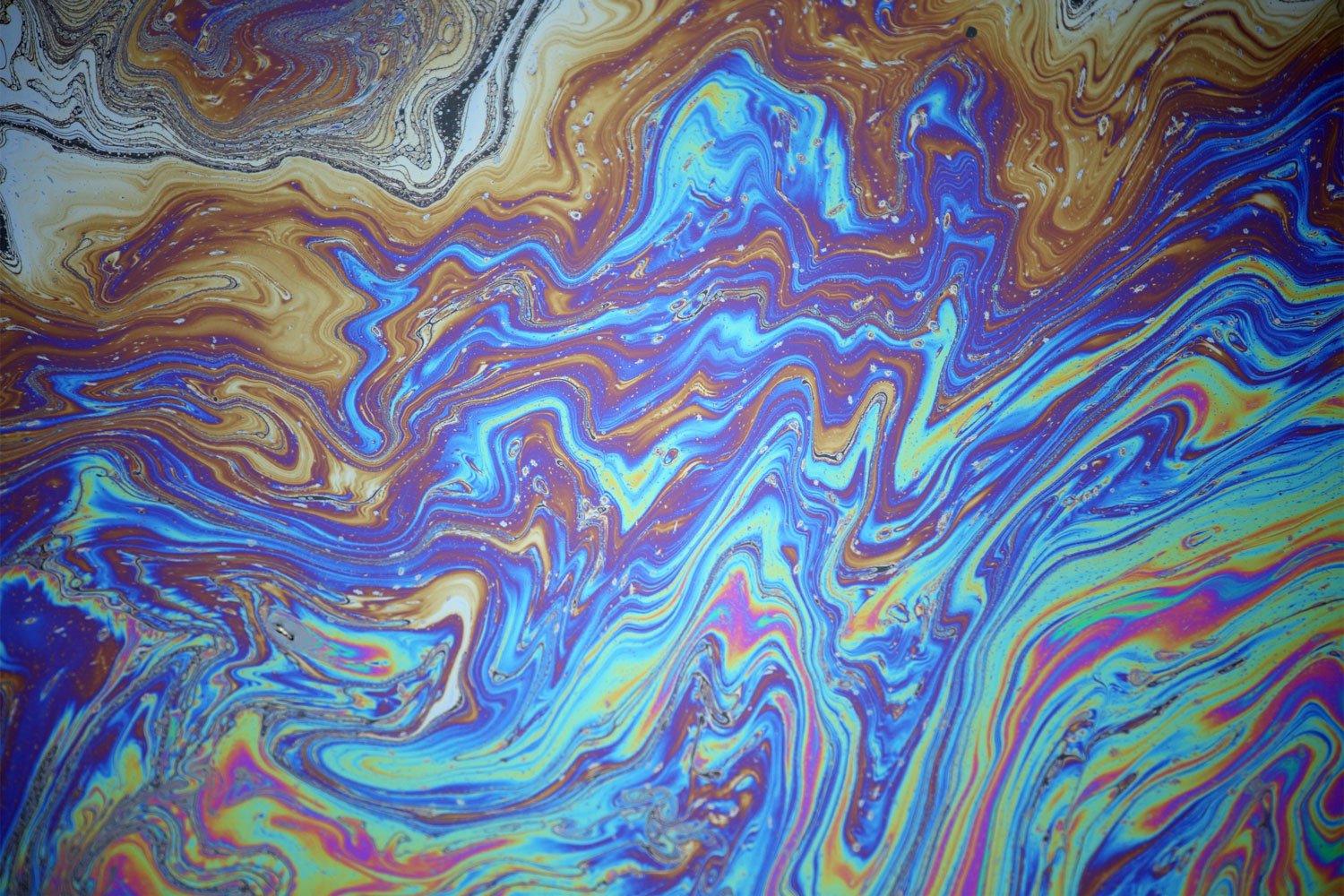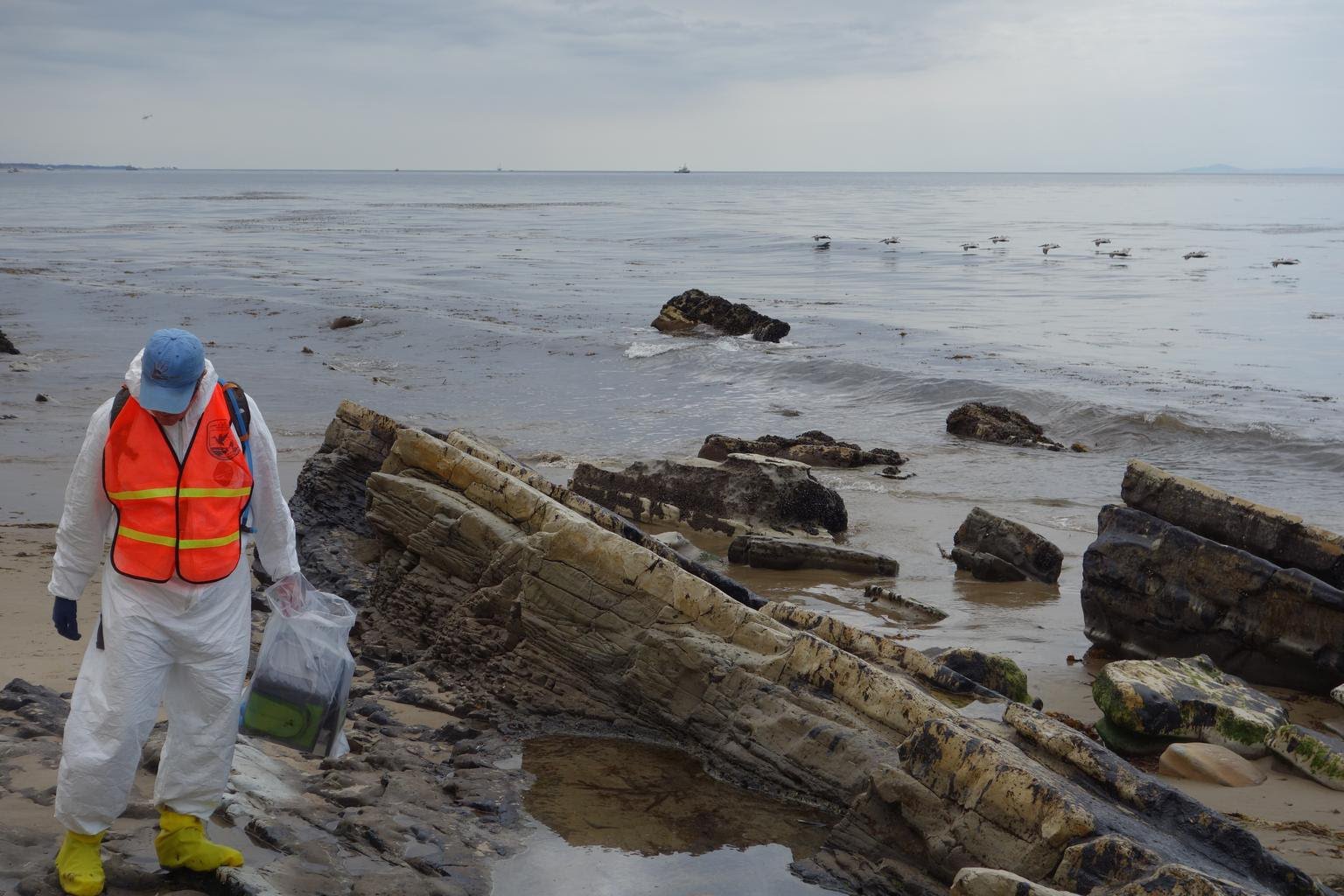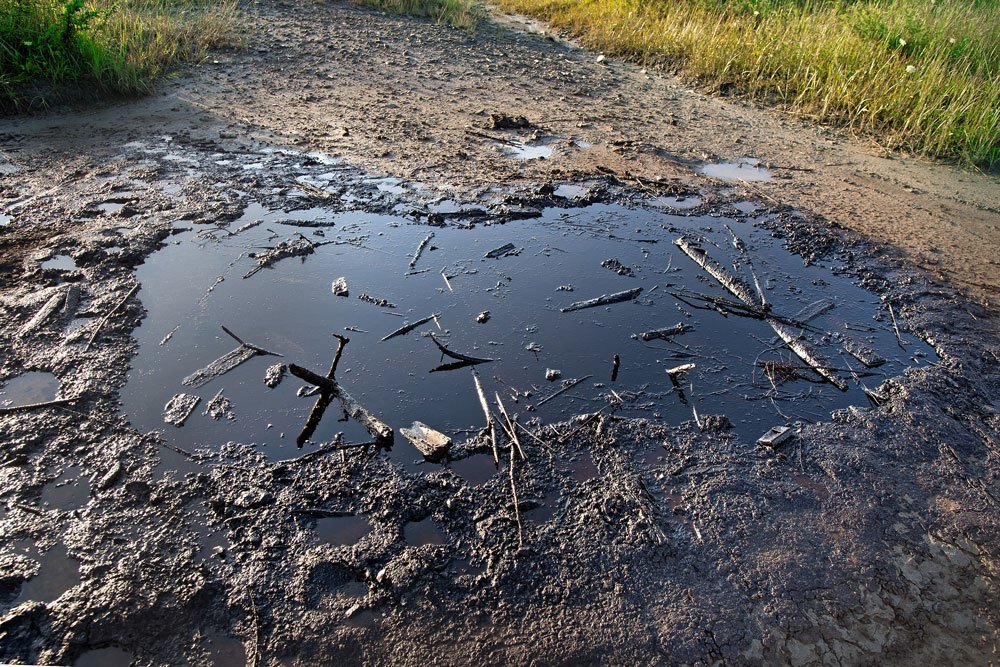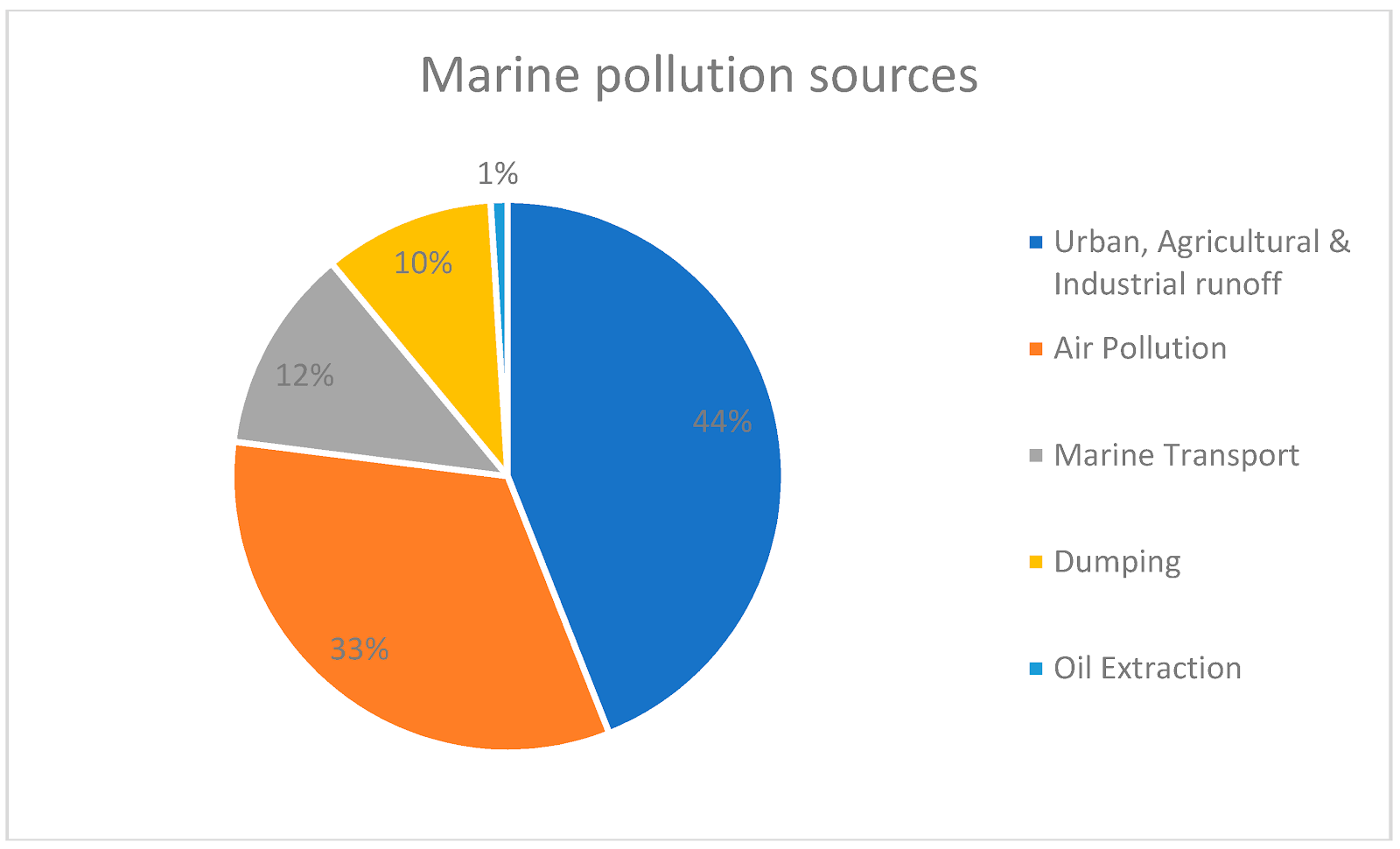How Do Oil Spills Affect The Environment?

Oil is used all around the world for a variety of functions. According to NOAA, oil is an ancient fossil fuel used to heat our homes, generate electricity and power large sectors of our economy. Due to its high demand, oil is a huge commodity within the trading industry. It is usually transported internationally via shipping. Whilst oil plays a crucial role in our lives, there is always the risk of oil spillages. If spilled, oil can cause devastating effects to our natural environment and living wildlife.
What is oil?
Oil is produced as a result of decomposed plants and animals which – after many years – have transformed into liquid strings of carbon and hydrogen. One of the most used types of oil is known as ‘petroleum’ (which we refer to as petrol). The name petroleum comes from the Greek language, whereby “petra” means rock and “oleum” translates to oil.
It is the duty of oil companies to ensure safety precautions have been implemented to protect the environment and limit the damage of oil spills upon both land and sea. Even with strict preventative measures in place, oil spills may still occur, and when they do, they can have devastating effects on the surrounding ecosystem.
Over the years, oil has proven one of the top three pollutants in the UK. Though fairly rare in general, the majority of oil spills that take place in the UK occur on land. Many assume that the clean-up process of oil is easier on land than in water. In many instances, this is the case. However, oil containment is a difficult process regardless, particularly if not dealt with immediately. If left, there is a chance that oil may enter drainage systems. The type of drainage system determines the size of impact upon surrounding wildlife. Many drains lead directly to lakes, streams and rivers, creating severe consequences for wildlife and plants. Animals and insects that live in the water face the risk of oil poisoning. Oil is toxic, meaning it has the potential to kill if inhaled or ingested in large amounts. Plants face a similar problem, but are affected by the inability to photosynthesise.

Environmental damage
A heavy oil spill can be disastrous. As humans, our food chain largely depends on the natural world. The effects of an oil spill, regardless of size, are therefore not limited to the physical surface. In saying this, there are a number of direct threats to the physical environment. For example, if the oil spill has occurred on land, any soil or plants that have been covered in oil will likely die. In the sea, all affected water will be polluted. Moreover, humans or animals that come into direct contact with oil toxins (known as hydrocarbons) may experience long term health issues. Ingestion or inhalation of vast quantities of hydrocarbons will likely have serious consequences upon the respiratory system.
The impact an oil spill can have on human livelihood
Oil spills can completely alter our way of living. Oil contamination is a very serious problem in today’s society. An oil spill holds the ability to contaminate all water it touches, making it unsuitable for irrigation and therefore a danger to nearby water treatments.
Contaminated water poses a threat to local communities who depend on healthy water and crops. If crops become poisoned, huge patches of land will be destroyed and deemed unsafe to use for the foreseeable future. With food, air quality and livelihoods ruined, oil spills can make it difficult for agricultural organisations to go on.
Oil spills and agriculture
When oil spills occur on land, the toxins inside will prevent any form of water absorption, suffocating all surrounding wildlife and plants, including crops.

A crude oil spill on soil in a field which will damage the environment
In terms of agriculture, the biggest priority should be preventing oil toxins from reaching the groundwater or entering waterways. The chemical structure of oil changes when immersed in water, allowing the oil to spread at a much faster rate. The main aim is to return the soil or land to its productive state as quickly as possible, before irreversible damage occurs.
Oil spills and cities
Unlike in agricultural settings, where the main priority is to protect the land, crops and plants, when oil spills occur in the city, all efforts should be made to proect human health and restore the site to its original condition.
In cities, there are drainage systems in place to safely counteract the effects of heavy rain. Whilst drainage systems work wonders for events caused by extreme weather, they can be a disastrous function when attempting to contain an oil spill. Oil can easily run down drainage systems and into groundwater, contaminating everything in its path.
If heavy oils are spilled near a building, the vapours could enter the building, making it unsafe for habitation. This could deem the building unusable until expensive restoration work has been completed; in extreme circumstances, the structure may even need to be demolished. Whether the building is a person’s home or place of work, it can be a terrible event to deal with.
Oil spills in water
Over the years, our oceans have become more and more polluted. One of the main contributors is oil. The majority of oil spills within our oceans contain toxins less dense than the surrounding water. As a result, the oil slick floats on the surface of the water.
Marine Pollution sources

Figures revealed that intention dumping from ships accounts for 46% of the oil entering the world’s oceans from human sources each year. This is the equivalent of 8 new Exxon Valdez oil spills each year. This is the largest single source of oil in our waters. Additional sources include runoff from land, industrial accidents, air pollution and accidental discharges from oil drilling. The toxin will forever be spread through the ocean by natural elements, such as wind and waves, until it is professionally removed.
Generally, oil spills will affect the oceans in one of two ways: oil toxicity and fouling.
Oil toxicity
As previously mentioned, oil consists of a variety of different toxic compounds which have merged over thousands of years. These toxic compounds can cause serious health problems to the marine environment, causing issues such as:
- Stunted growth
- Immune defects
- Heart damage
- Death
Wildlife cleaning, recovery and rehabilitation are essential parts of the oil spill response process. Unfortunately, microorganisms that belong to the sea are extremely hard to catch, let alone clean. Many animals are far too large to catch and clean, such as whales and will most likely have a shortened lifespan due to ingesting large quantities of the toxin.
Fouling
Fouling or ‘oiling’ occurs when the toxin physically harms the marine environment. The oil slick can completely cover a bird’s wing when they dive into the ocean to feed. Inevitably, this will leave the bird unable to fly away. Sea turtles are another type of creature most affected by oil spills. Sea turtles will very often digest the oil, resulting in their internal organs becoming completely coated in oil. Alternatively, the turtle could inhale the oil vapours into its lungs, becoming stuck, tired and unable to swim.
Sea otters, found in rivers, are particularly vulnerable. Heavy oil can easily coat a sea otter’s fur. In fact, often the density of the oil can cause the otter’s fur to fall out completely, leaving the otter bare and unable to stay warm in harsh conditions. Consequently, as the weather gets cold and the otter lacks thermal protection, the risk of passing from hypothermia is significant.
Oil spills, regardless of whether they take place on water or land, will severely impact the lives of all animals, humans and plants in the affected area.
Call the professionals
It is a legal offence to cause any form of pollution. Therefore, immediate action is required to tackle oil spills. If left, not only will you be fined, but it will also be much harder to contain and remove the substance from the site.
If you are in need of professional oil cleaning services, contact us today on 0208 066 0360. With teams stationed in a variety of locations across the country, our technicians can be at your location within just 60 minutes of your call.

Speak with me today,
I’m here to help
By asking you a few questions either via phone or email I can immediately provide a realistic estimation of the cost.
You’re in good company. We’ve cleaned for the following commercial clients… View all

Why choose us?
- Cater to a wide variety of cleaning situations
- Nationwide coverage, available 24/7
- Cater to commercial and domestic clients
- Free survey provided prior to quotation
- Emergency response team
- Offer a bespoke service designed to suit all your needs
- All technicians hold professional health and safety qualifications, including BICSc, IOSH, Dewpoint Professional & Safe Contractor
We’re fully accredited
We place best practise, professional expertise and health and safety at the core of our business. We’re fully compliant with all legal obligations. You can view a list of our accreditations below, or visit our Health & Safety page for more information.











-RGB-small.1707319151.jpg)




















